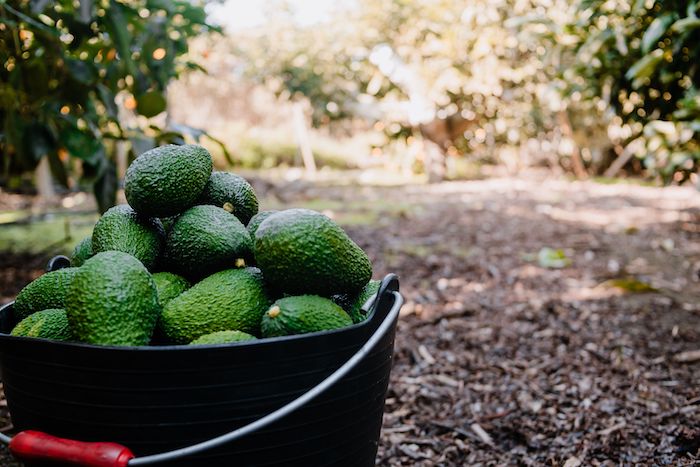Significant fall in New Zealand avocado exports, despite some silver linings

Chaos in the shipping industry, an excess of fruit in Australia and Covid-19 disruption have contributed to falls in New Zealand avocado exports in the past year.
As reported by New Zealand newspaper Stuff, export revenue for the avocado industry was down 61 percent year-on-year according to the latest Ministry for Primary Industries outlook.
With avocado prices in Australia hitting a 15-year low of $1 for a single fruit, exporting from New Zealand was made uneconomic. As a result, exports to what is normally New Zealand’s biggest avocado market, fell 76 percent year on year and about 10 percent of the intended export crop ended up being sold domestically, which was a silver lining for local avocado lovers.
New Zealand Avocado Chief Executive Jen Scoular said that the problems with shipping saw exporters finding booked consignments missing delivery dates because of delays or changes to schedules, or ships simply skipping ports they had been expected to stop at.
One consequence of that problem was that the usual practice of staggering deliveries so avocados arrived at different times were up-ended.
Instead, deliveries arrived in export markets all at once, leading to an over-supply into supermarkets and resulting in wastage, with fruit that was nearing its sell-by date becoming unsellable. Prices for those who did export to Australia were 60 percent lower than what would be achieved normally.
However, the depressed price opened up Asian markets and some 1.5 million trays of avocados were sold there, almost three times the volume of a year earlier, MPI said. Despite this, the prices and profits were still down on what growers would normally expect.
Scoular added that the domestic market saw a 10 percent lift in supply, but again at prices below what would have been achieved in a normal export year. Local sales prices were consistent throughout the entire year and provided some security for growers.
Alistair Young, who grows avocado north of Kerikeri, said the region’s season was disrupted by a February cyclone, with high winds blowing crops ready for harvest, as well as almost 30 percent of crops being grown for the following season’s harvest, from trees. Growers made losses before the season even began.
Although Young pointed out that storms were regional with growers south of Kerikeri not impacted as much, avocado growers grouped together to sell to a specific market and as a result, they were able to absorb the losses from unfulfilled fruit sales together. This was another silver lining for individual growers who were protected from making a big loss in a bad year.
Additionally, Covid-19 disruption to supermarkets and their distribution centers contributed to a difficult year. There were delays in products reaching shelves, further affecting fruit quality and the amount of fruit that was eventually sold.








































